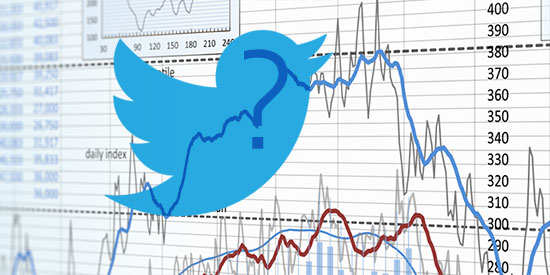Sentiment Analysis of Twitter Data for Predicting Stock Market Movements
Predicting stock market movements is a well-known problem of interest. Now-a-days social media is perfectly representing the public sentiment and opinion about current events. Especially, twitter has attracted a lot of attention from researchers for studying the public sentiments. Stock market prediction on the basis of public sentiments expressed on twitter has been an intriguing field of research. Previous studies have concluded that the aggregate public mood collected from twitter may well be correlated with Dow Jones Industrial Average Index (DJIA). The thesis of this work is to observe how well the changes in stock prices of a company, the rises and falls, are correlated with the public opinions being expressed in tweets about that company. Understanding author's opinion from a piece of text is the objective of sentiment analysis. The present paper have employed two different textual representations, Word2vec and N-gram, for analyzing the public sentiments in tweets. In this paper, we have applied sentiment analysis and supervised machine learning principles to the tweets extracted from twitter and analyze the correlation between stock market movements of a company and sentiments in tweets. In an elaborate way, positive news and tweets in social media about a company would definitely encourage people to invest in the stocks of that company and as a result the stock price of that company would increase. At the end of the paper, it is shown that a strong correlation exists between the rise and falls in stock prices with the public sentiments in tweets.
PDF Abstract

